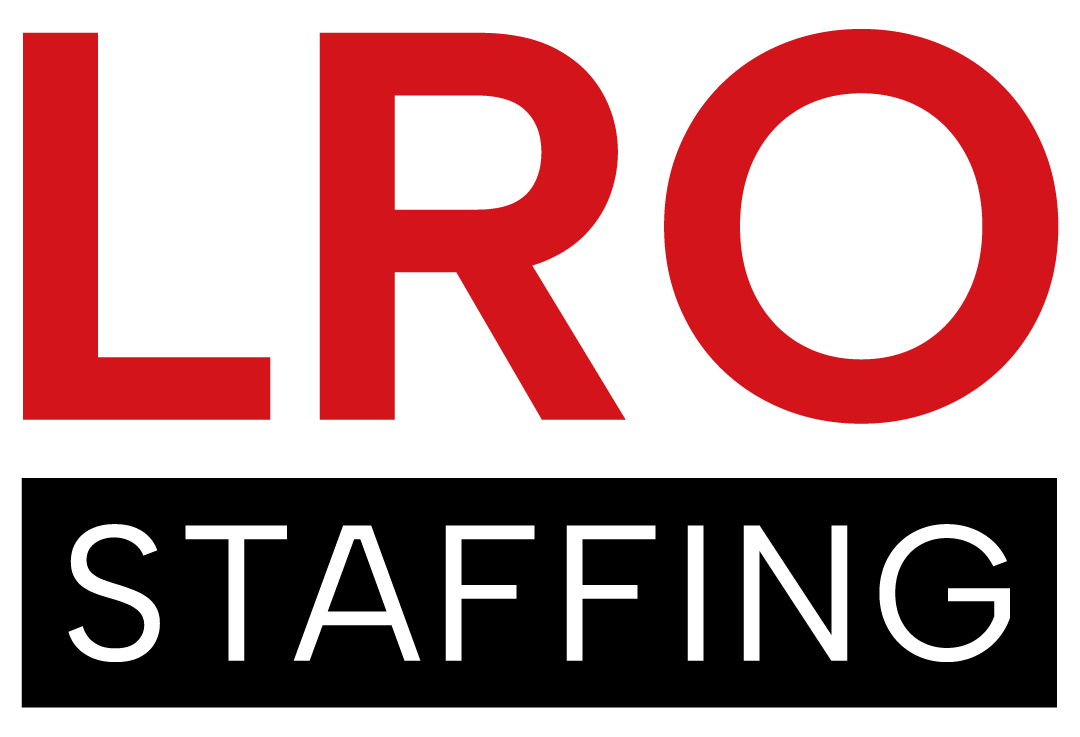Mentorship is an invaluable resource in the professional world, providing guidance, support, and opportunities for growth that can significantly impact one’s personal development. Studies show that companies with effective succession planning are twice as likely to outperform their peers, and the concept has become increasingly relevant, with Gen-Z workers beginning to represent a growing percentage of the workforce. With baby boomers and Gen X-ers reaching the later stages of their careers, how do we ensure their skills and knowledge are passed down while retaining a younger generation of workers?
Whether you’re starting your career or looking to advance to the next level, having a mentor can help you navigate the complexities of the workplace while building confidence to achieve your goals. Likewise, becoming a mentor can be a deeply rewarding experience, offering the chance to give back, share your knowledge, and foster the next generation of professionals.
In this blog, we’ll explore how to find and become a good mentor, while considering the profound benefits it can provide to both parties involved.
How to Find a Good Mentor
Studies show that 97% of individuals find value in having a mentor and it can be a crucial step in your professional development. A mentor can provide insights, advice, and support to help you grow in your career – but how do you go about finding the right one?
Before seeking a mentor, the first step is clearly defining your career goals and what you hope to achieve through the relationship. Are you looking for industry-specific advice, leadership development, or perhaps guidance on work-life balance? Knowing what you want will help you find a mentor whose experience and expertise align with your objectives.
After preparing your personal roadmap of what you hope to gain from a mentor-mentee relationship, you want to start by looking for potential mentors within your existing network. This could include current or former colleagues, managers, or industry contacts. LinkedIn – the world’s largest platform for professional networking – is a great resource for connecting with experienced professionals who might be willing to provide such guidance to you. That said, a great jumping-off point is typically identifying leaders within your existing organization or industry whose career paths and leadership styles you are already familiar with and admire. Don’t be afraid to formally express your interest in learning from them, as many accomplished professionals are willing to mentor those who show initiative and a genuine desire to learn.
Aside from utilizing your existing connections or current/former managers, many organizations and professional associations offer formal mentorship programs. These programs can match you with a mentor based on your career goals and interests, providing a structured framework for the mentorship relationship. This can be a great route to pursue if you are new to a country or city and are seeking someone familiar with local industry practices.
Lastly, finding the right mentor may take time, and you might face some rejections along the way. Similar to a job search, be open to different possibilities and persistent in your search.
How to Be a Good Mentor
When considering mentor/mentee relationships, we typically think of the mentee as the one to receive career benefits; however, being a mentor is more than just offering advice. When you take on the role of a mentor, you’re not just sharing your knowledge and experience; you’re also building a legacy, contributing to your industry’s growth, and experiencing personal and professional development in ways you might not have anticipated. It’s about making a meaningful impact on someone else’s career, which can be a deeply fulfilling experience.
A good mentor is someone who is genuine in their desire to help others and approaches the relationship with sincerity and openness. As with any solid partnership, mentorship is a two-way street, so as you guide your mentee, you’ll find that you’re also learning and growing. You’re not just a teacher but a partner in your mentee’s journey. Being an approachable and active listener encourages your mentee to be honest and forthcoming, creating a trusting relationship where real growth can happen. Whether it’s gaining new perspectives, refining your leadership skills, or simply enjoying the satisfaction of giving back, mentoring offers opportunities for personal and professional fulfillment.
Another point to consider is that mentorship is not about showcasing your achievements; it’s about sharing your journey, including the inevitable setbacks and challenges you’ve faced. When you share your struggles, you humanize your success and teach your mentee valuable lessons on resilience, problem-solving, and perseverance. This transparency can be incredibly inspiring and reassuring to your mentee as they navigate the complexities of their own career.
In addition, while providing direct answers or solutions might be tempting, a good mentor encourages their mentee to think critically and develop their own problem-solving skills. Guide them in exploring different perspectives, asking the right questions, and considering the potential outcomes of their decisions. This approach empowers your mentee and fosters their independence and confidence. Lastly, be sure to have fun with it! Take time to celebrate their milestones and accomplishments together, motivating them to continue striving for excellence.
In summary, mentorship is a powerful tool for personal and professional development. Whether you’re seeking a mentor to guide you through the early stages of your career or looking to give back by mentoring others, the benefits are immense and embracing this relationship can lead to significant growth, valuable connections, and a more fulfilling career.

